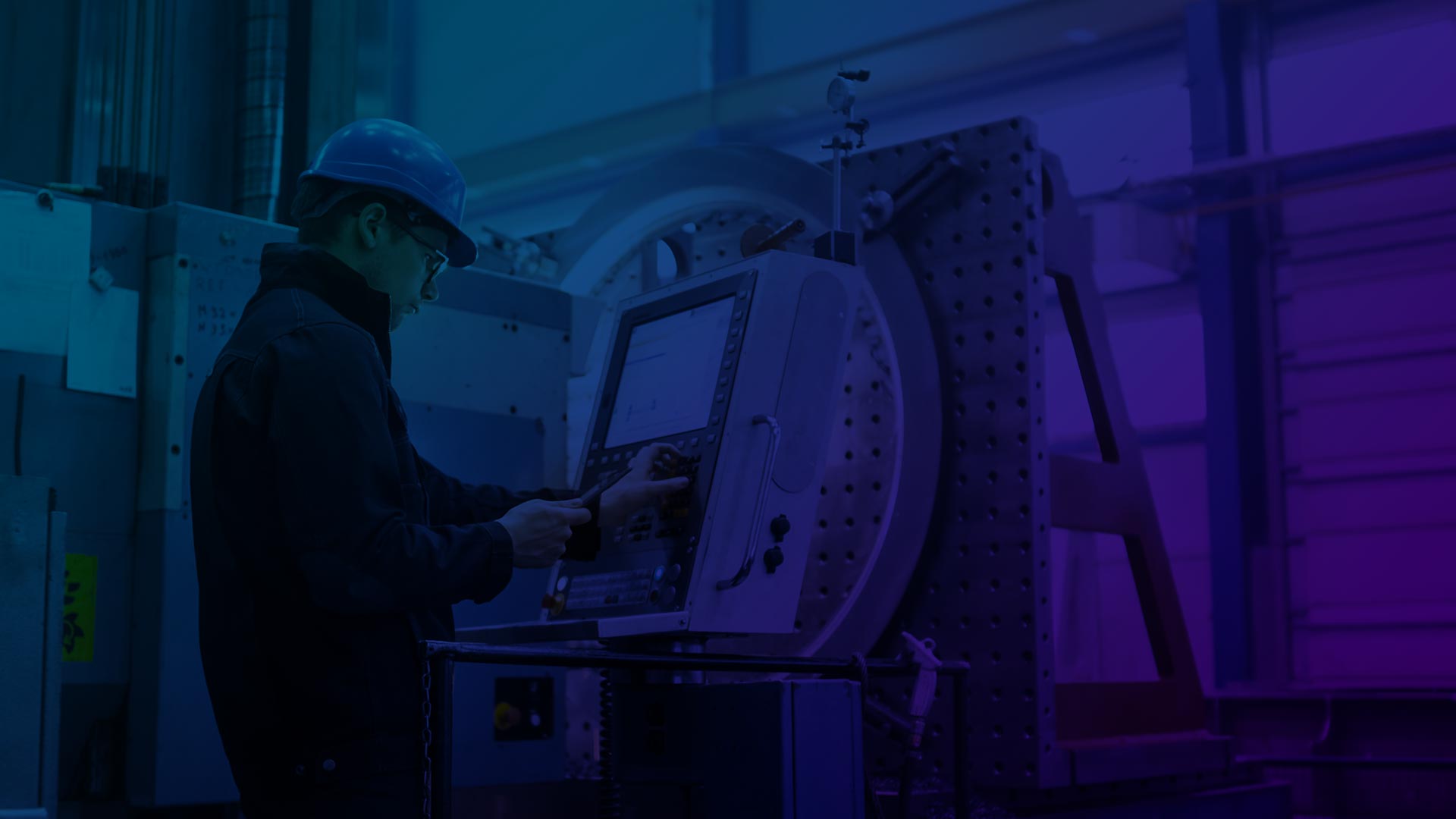The need for environmentally friendly solutions in industry has revolutionised the automotive industry. Vehicles with internal combustion engines are now increasingly being replaced by their electric version. Electric cars, buses, scooters or bicycles are on the road. What will a future based on e-mobility look like? And how can vehicle manufacturers already deal with this challenge?
What is e-mobility?
E-mobility (electromobility, e-mobility) is a term that refers to the technical and operational aspects of electrically powered vehicles. Torque is generated in this case due to the electromagnetic field generated. Products on the e-mobility market include not only the increasingly popular electric cars, but also bicycles, scooters, trams or buses. One of the most desirable features of electric vehicles today is their low CO2 emissions – estimated to be as much as 51-53% less than those of combustion vehicles.
Trends in the e-mobility market – growing need for zero-emissions
Low-emissions and the pursuit of sustainability are embedded in the policies of the global economy and the concept of Industry 5.0. For several years now, there has been a rapid increase in demand for electric vehicles and, consequently, an increase in the production of this type of vehicle.
Specialised reports point to the dynamic development of the e-mobility industry on both the Polish and international markets. According to the Polish EV Outlook, the reasons for the steady growth in the production and sales of electric vehicles in Poland are primarily the decarbonisation targets set by the EU, the expansion of the charging infrastructure and the increasingly wide range of BEV (Battery Electric Vehicle) and PHEV (Plug-In Hybrid Electric Vehicle) models. Forecasts indicate that the electric car market in Poland could increase up to six times by 2025 compared to the end of H2 2022. In addition, BEV registrations are estimated to outnumber PHEV registrations by around 46%, meaning that customers will increasingly opt for solutions that use only electricity as propulsion. A report by Euromonitor International, a market research organisation, shows that around 19% of registered vehicles will be electric vehicles in 2023, up from 14% in 2022. China will be the largest market for this type of vehicle (62%), followed by Europe (21%) and the US (10%).
Green manufacturing of green vehicles – the role of the smart factory in the e-mobility market
Sustainability extends not only to the way vehicles operate, but also to their production. That is why it makes sense to use solutions that support environmentally friendly measures, such as smart factory software from ANT.
ANT MES for Automotive makes it possible to ensure high product quality with high process efficiency and reduced production costs. The solution is also ideal for unit and small batch production, characteristic of the e-mobility industry. The key aspect here is quality, which has a decisive impact on meeting the stringent safety standards required of vehicles. Our solution supports highly complex production and enables efficient management of operations such as metalworking, marking, assembly, packaging, batching and much more.
Benefits of using ANT software for electric vehicle production
Why use ANT MES for Automotive? We can divide the benefits of using this state-of-the-art software into 3 types:
- Quality:
- The ANT software allows the tracking of raw materials, components and tools used, along with their validation.
- Real-time algorithms monitor whether the machine’s process parameters and operator measurements are within the set standards.
- The result: tight control and the ability to take immediate action eliminate human error and guarantee that the entire process meets its requirements, as confirmed by a production report based on real data. The reduction in failures, defects and scrap reduces production costs.
- Performance:
- 23% increase in machine hours
- 45% reduction in quality control time
- 65% increase in just-in-time production
- 90% reduction in production start-up time
- The result: production is on schedule and improved efficiency translates into reduced costs.
- Ecology:
- The aforementioned efficiency also means producing more complete units using specific resources, which translates into a lower carbon footprint per unit of product.
- The digital document workflow made possible by paperless contributes to environmental protection.
- The result: the digital transformation of a company increases its competitiveness and enables it to meet its sustainability objectives.
So, as can be seen, the implementation of an MES system in electric vehicle plants is an excellent way to increase the competitiveness of the plant by improving product quality, increasing process efficiency and also carrying out activities that minimise the negative environmental impact of production processes.
Products in this Article

MES System – Manufacturing Execution System – ANT Solutions
System MES – Manufacturing Execution System 0 % operating time increase 0 % defects quantity reduction 0 % material consumption reduction 0 % changeovers time

Advanced Planning and Scheduling (APS)
AdvancedPlanning & Scheduling (APS) Planning and scheduling production is made more accessible with ANT’s APS software. Maintain a constant production pace with the help of

CMMS System for Maintenance Management
Computerized Maintenance Management System (CMMS) Plan, manage and react with CMMS System by ANT. The best maintenance system for equipment performance in your factory. It


